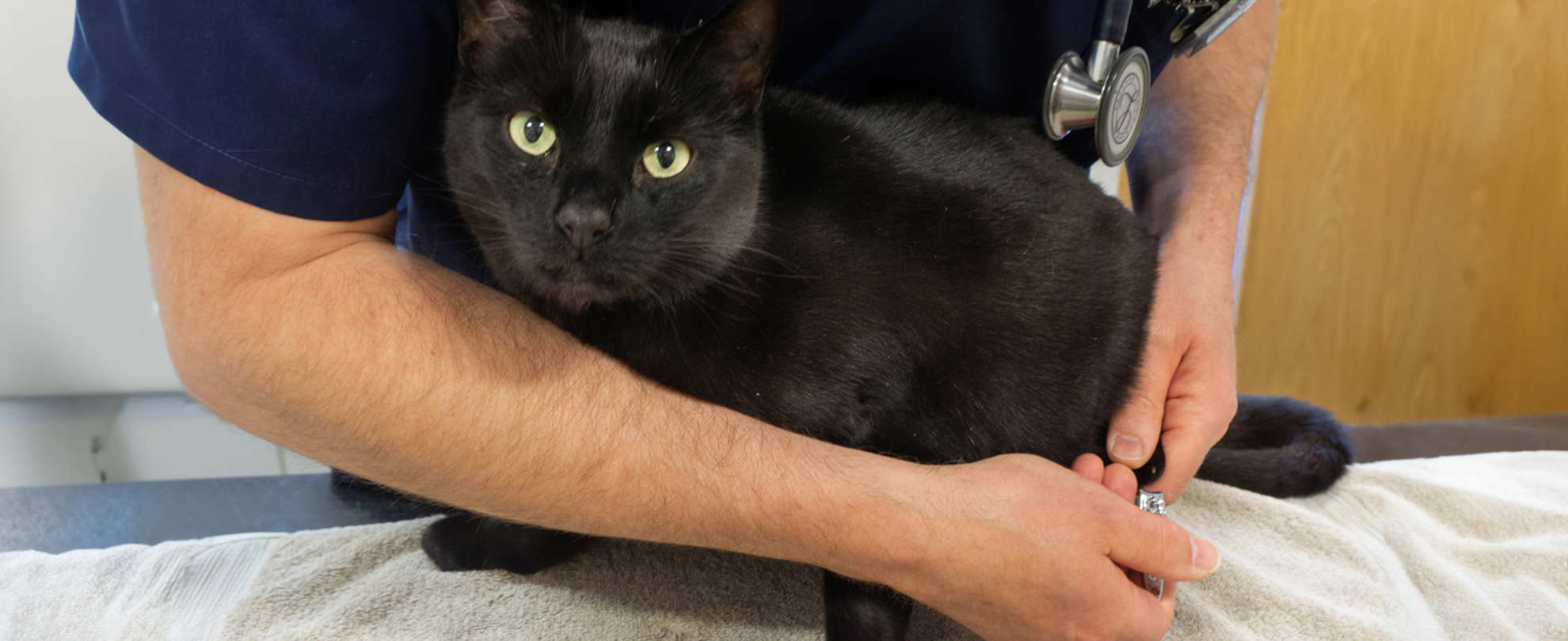RCVS Guidelines from 1st September 2023 and further clarification 2024:
The RCVS, which is the governing body of all veterinary surgeons in the UK, produces a 'Code of Professional Conduct' which all vets working in the UK must follow. They have recently made some changes to this Code which come into force on the 1st September 2023.
The key changes are:
The RCVS (the governing body of the veterinary industry) has brought in new rules as of the 1st September 2023 regarding prescribing of medications. The new “under-care” guidelines cover all drugs but mainly affect antimicrobials (antibiotics), antiparasitic (flea and worm treatments) and controlled drugs (some strong pain killers such as gabapentin). They mean that we are not allowed to prescribe without having seen the animal for a consultation at the time of prescribing.
This may mean you may be asked to bring your pet in more regularly, to allow us to abide to these rules. In most cases an annual check at your pet’s vaccination should be adequate for flea and worm treatment. It is important to carry out a parasite risk review at your pet’s annual health check.
In some situations, a phone or video consultation may allow us to safely prescribe for a patient that is under our care. A face-to-face or physical examination is always required before prescribing antimicrobials such as antibiotics or antiparasitic medication.
In all cases a vet is only permitted to prescribe the minimum amount of medication required until the patient needs their next review. Controlled drugs are restricted to 28 days supply at a time.
From time to time your vet might prescribe human medication for use in your pet. The prescribing laws explicitly prohibit using the cost of medication as a reason to prescribe a human medication when an animal specific medication is available. It is illegal to give any medication to an animal if it has not been prescribed by a veterinary surgeon. This includes readily available human medications such as antihistamines or pain relief. If your vet decides that it is medically justified to prescribe a human medication we must either dispense the medication from our pharmacy or provide a written prescription for you to purchase the medication from another pharmacy. This includes commonly available medicines such as paracetamol.
Please be understanding to our staff if they ask you to bring your pet in to be seen. Further details can be found on the RCVS website or speak to the vet next time you are in. We advise that you contact the practice by telephone or email to request your pet's flea, tick and worm treatment to ensure that we are able to prescribe the required medication.


